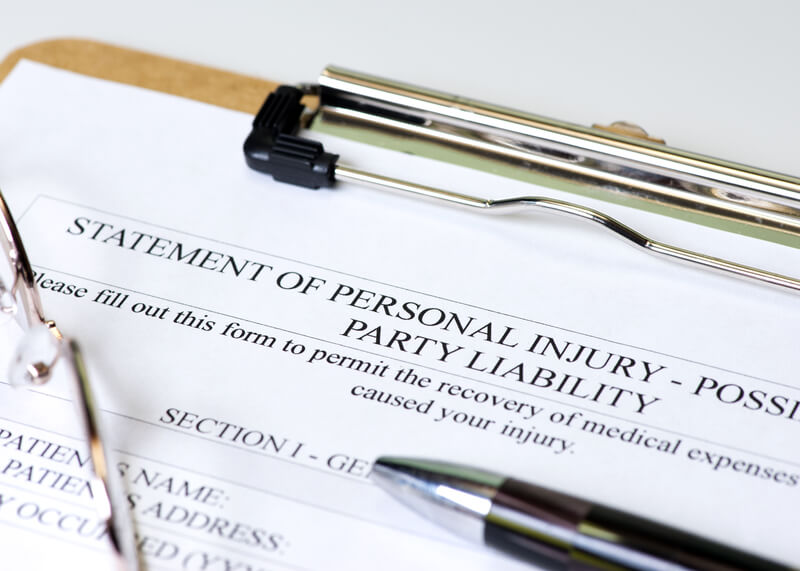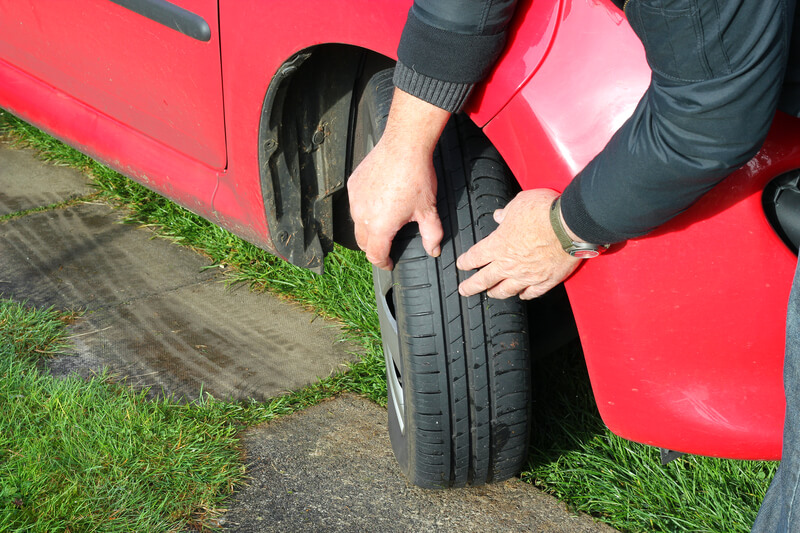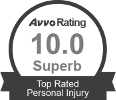Do I have a claim if I’ve been involved in a rideshare accident?
The ridesharing industry has transformed car travel over the past two decades, changing the way we get to the airport, an event or an evening out with friends. And while ridesharing has its benefits—sometimes cost-effective pricing, on-demand service and the ability to schedule it all with the convenience of an app—it also raises a few issues. Fair working practices, employment classification and safety, specifically. All three come into play when car accidents involve rideshare drivers.
Rideshare service companies like Uber and Lyft don’t own their own cars, nor do they employ their drivers. Instead, drivers work as independent contractors. Both the drivers and riders use the company’s app as an interface—a way to connect and either sell or buy a ride. So, who’s responsible—the company or the driver—when a rideshare driver is at fault in a crash? And what happens if you’re injured in a crash while riding in an Uber or Lyft?
How rideshare drivers are insured
If a rideshare driver is at fault, then the driver can be held negligent for causing an accident, just as in any other type of car crash. And, like most other car crashes, the not-at-fault driver pursues a claim with the other driver’s insurance company.
That’s where it gets complicated, though. Most rideshare drivers don’t carry a commercial insurance policy, which tend to be more expensive. And a casual rideshare driver might not even have a special ridesharing endorsement on his or her personal auto insurance (they’re available in Georgia through multiple carriers). That means, in most cases, the driver would only have personal insurance, which is only for personal use. As soon as a claim came in, the insurance company would deny it because the driver violated the policy by driving for hire.
Of course, this model wouldn’t work. You’d have a whole class of essentially uninsured drivers on the road while companies like Uber saw gross bookings in the billions.
That’s why Uber and Lyft maintain liability insurance for their drivers, putting it into effect after the claim has been filed and denied by the driver’s own insurance company.
What if I’m hit by a rideshare driver?
Rideshare drivers’ insurance coverage depends a lot on whether they’re working (and classified as “on-duty”) or not working (and classified as “off-duty”). To help distinguish between these categories, rideshare companies have tiers of coverage, all facilitated by their apps:
- When the driver isn’t logged in, there’s no coverage provided by the ridesharing company. The driver is only covered by his or her personal policy, like any other insured driver on the road. In Georgia, this might mean the driver only has the state’s minimum liability coverage.
- When the Lyft or Uber driver logs in to the ridesharing app, basic coverage from the company kicks in.
- Finally, when the driver is en route to pick up a ride request or has a passenger in the car, the company covers up to $1 million in liability insurance for property damage and accident injuries, plus some coverage for uninsured motorists.
- Companies like Uber also provide comprehensive and collision coverage for drivers who have paired with riders or are driving customers, provided the driver carries his or her own personal comprehensive and collision coverage.
Some drivers also carry ridesharing add-ons on their personal insurance policies. These help cover the gaps in the tiered system, providing drivers with better insurance protection for those many hours they might spend waiting for a rider. Essentially, the add-ons make it so drivers can access their regular policy coverage anytime they’re logged in.
What steps should I take if I’m involved in a rideshare accident as a passenger?
If you’re in an accident with a Uber or Lyft driver, or if you’re a passenger in a rideshare car, proceed like it’s a crash involving privately insured individuals.
You’ll want to:
- Call 911 and accept medical attention at the accident scene if you need it.
- Collect the name, contact information and insurance information for everyone involved.
- Speak to the responding officer and ensure you understand how to get a copy of the police report.
- Photograph the scene and speak with any witnesses if you’re able to.
- Get evaluated by your physician if you’re hurt and you didn’t already receive emergency care.
- Write down a private account of what happened while the information is still fresh in your memory.
- Don’t post about the accident on social media.
Do I need a personal injury attorney for a rideshare accident?
Because of insurance complications, Uber accidents are often more complex than crashes involving two privately insured individuals. A law firm with experience handling rideshare accidents may be able to help:
- Handle conversations with the rideshare companies. Uber and Lyft encourage drivers and passengers to report accidents. While this may help in their efforts to create and maintain a sense of safety in the ridesharing industry, reconsider discussing crash details with ridesharing companies or insurers. If you’ve been hurt in the crash, it’s best to first speak with a personal injury attorney or obtain legal advice before you speak with outside parties.
- Determine if the at-fault driver was on duty at the time of the crash. A personal injury attorney will be able to subpoena for the driver’s electronic records, helping determine whether the driver had the app open or not, and whether the driver was en route to a passenger.
- Consider whether your driver intentionally or negligently caused you harm. While many rideshare crashes are accidental, a personal injury attorney will be able to help determine and prove if your driver was behaving in an especially reckless or negligent manner.
How do I protect myself in a rideshare?
In order to avoid potentially dangerous drivers—and to protect your personal safety—you’ll want to prepare for your rideshare and remain alert during the drive.
Riders should screen out potential imposters by confirming the driver’s profile, car model and plate number. You’ll also want the driver to share your name, confirming the pairing. Sit in the backseat if you’re able to and buckle up. Use the app’s notification system to alert a family member or friend that you’re in a rideshare vehicle.
If you feel unsafe, ask to end your ride. This includes when your driver is behaving erratically on the road. If you’re in danger, call 911 through the app and the rideshare company will share info about your location and the vehicle. If you experience a ride with an unsafe driver, report the behavior to the app—you may help prevent a future accident or dangerous ride.
Atlanta rideshare accident attorneys
If you’ve been injured by a rideshare driver, it can be challenging to determine fault and clarify how insurance coverage breaks down. At Litner + Deganian, we have experience working with clients who’ve been hit by rideshare drivers, as well as with clients who’ve been hurt while they were rideshare passengers. Contact the personal injury attorneys at Litner + Deganian for a free consultation at our office.












